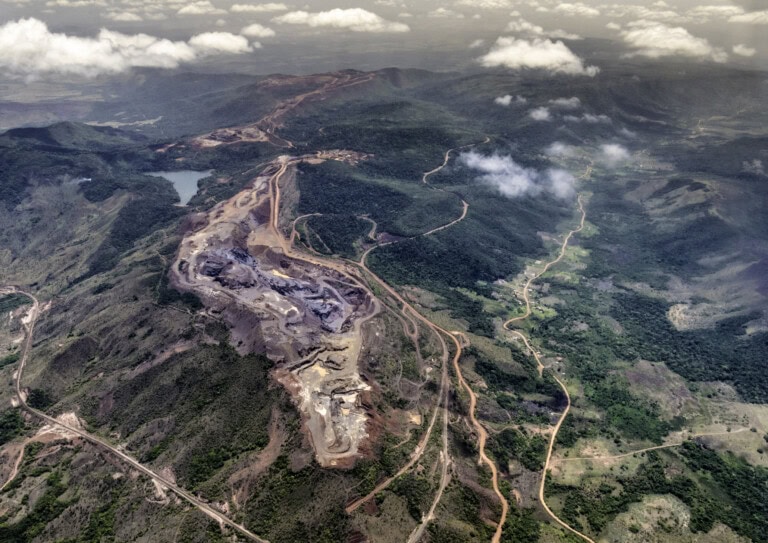Living in VUCA times and the moral case for climate action

These really are VUCA times. Coined by the US Military and adopted by the private sector, there is ample evidence that we are living in a volatile, uncertain, complex, and ambiguous world. Barely a week goes by without another seemingly significant shift in tectonic plates – political, economic, environmental, social, technological.
James Murray’s recent piece was a brilliant analysis and aggregation of recent trends, principally in relation to the ever more severe climate change crisis, written on the back of the school strike. It got me thinking about our response as a ‘green business’ community to this new dimension. Namely, the apparently growing and increasingly well-coordinated challenge from a generation who will be far more affected by climate change than us.
My own main takeaway message, and it’s a personal view, is that we need to be far less apologetic when talking about the climate crisis and the moral imperative for action.
There are some issues of corporate responsibility on which we don’t feel the need to explain the ‘business case’. In my sector, health and safety on construction sites is the obvious one. Who cares about the business case for people not dying at work? It’s just so obviously the right thing to do.
Many of us as campaigners, and probably many as in-house sustainability advocates, will have felt the need to articulate action on climate change purely in terms of economic drivers. Mitigation of risk, compliance with regulation, cost savings etc – it’s all good stuff, just don’t mention the words climate change. Or sustainability.
I think that has been changing, but surely that change can now pick up pace. The great opportunity is that taking meaningful action on climate change, and being seen to do so, should now be the centre piece of the very business case that we’ve all be striving to make for so long. The obvious point is that the young people protesting today are the employees, shareholders, and customers of tomorrow.
What does that mean in practical terms? Coincidentally last week we published our annual ‘Leading the Way’ report, which analyses best practice from UK Green Building Council’s (GBC) Gold Leaf members in order to make recommendations for those aspiring to business leadership on sustainability. It offers a few timely pointers.
One of the key messages levelled by young people is that those in power are not doing enough. Leading businesses can ensure that doesn’t apply to them by setting targets and making commitments that are in line with the scale of the challenge. That means Science Based Targets, and sector specific initiatives such as WorldGBC’s Advancing Net Zero commitment, or commitments to Zero Waste. Crucially there also needs to be an implementation plan behind those targets.
Another important part of the response is transparency. For tech-savvy generations growing up with social media, lack of transparency is mistrusted and seen as just plain weird. So public disclosure of climate risk, and honest appraisal of performance, is essential. It will do far more harm in the long run to obfuscate.
Also, have a plan for how your business will create value in the future; how it will navigate these times of rapid change. Linking your business strategy to the Sustainable Development Goals (SDGs) will help future proof it, and provide a common language which is becoming embedded across many businesses.
Then live your values through your workplace. With looming skills shortages and a competitive marketplace, put health and wellbeing, social value and environmental responsibility at the heart of what it means to work for your company – whether in an office, on a construction site or through your projects.
Finally, advocate. All of the above should infuse consistent communications to clients, policy-makers, and other stakeholders. This includes being seen to take a leadership position in calling for stronger, smarter regulation. Perhaps most timely, amidst the growing debate around climate change and the curriculum, find a way to engage in education – positioning your business and sector as part of the solution, not the problem.
No one’s saying this stuff is easy, but there appears to be something afoot. Let’s make the most of it.
This content was originally published by BusinessGreen
Related
Navigating the challenges around hard-to-recycle materials

What are the environmental impacts of construction materials? An introduction to Embodied Ecological Impacts

Why is social value so crucial when developing and managing commercial real estate?

Biodiversity Net Gain: Are you ready for the incoming legislation?

